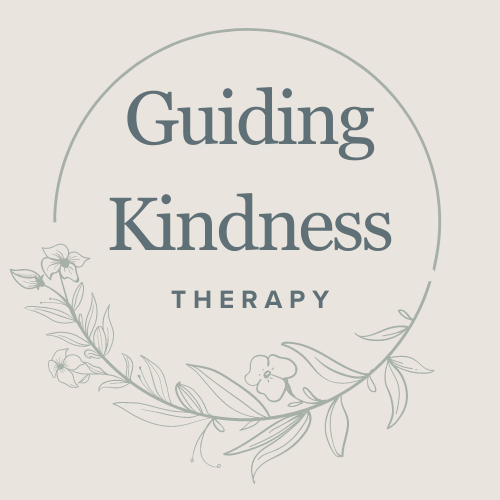Is Mental Health Therapy Right for You? A Comprehensive Guide
The topic of mental health can be a tough one. Many people are considering therapy but aren't sure whether it’s the right path for them. If you’re questioning the value of talk therapy, you’re not alone. We speak with so many different talk therapy clients here in Philadelphia, the state of Pennsylvania, and now Florida, and many times it took research, time, and the goal of knowing a better tomorrow is out there for them to take that final step to contact us.
We want to support you, so we put together this guide to get your questions and concerns out of the way. The end goal is that you begin to feel better (and better is unique to each person).
Understanding Mental Health Therapy and Its Benefits
Talk therapy offers a safe space to express thoughts and emotions freely. It can help improve mental well-being in various ways, including:
Better Understanding of Emotions: You'll learn more about your feelings, identify patterns, and understand the factors influencing your mental health.
Skill Development: Therapists can teach you coping mechanisms, communication skills, and problem-solving strategies to handle intense emotions.
Supportive Environment: Having a therapist listen without judgment can provide comfort when things feel hard.
Personal Growth: Therapy often helps allow you to navigate some form of self-discovery, enabling you to learn more about yourself.
Is Talk Therapy Right for You? Questions to Ask Yourself
We've put together some questions you may want to ask yourself to see if seeing a mental health therapist is your next step.
Am I feeling overwhelmed by stress or anxiety? Reflect on your daily level of stress and whether it affects your quality of life.
Have I experienced significant changes in mood or behavior? Evaluate any shifts in your emotions or habits that concern you.
Do I find it difficult to cope with daily challenges? Consider if issues or struggles seem like they are controlling your life.
Am I dealing with past trauma or grief? Think about whether past experiences still affect you today.
Do I want to improve my relationships with others? Reflect on whether you're seeking to grow your communication and connections.
Am I curious about understanding myself better? A desire for introspection can be a strong motivator for therapy.
Did you say yes to even one of these? If so, this is a helpful section to guide you in what you need most when searching for mental health therapy, but also the therapist you feel will be the best fit for YOU.
Navigating the Talk Therapist Search: Tips and Considerations
Finding the right therapist is a critical next step. Here are some useful points to guide your search:
Identify Your Needs: Determine what you're hoping to achieve with therapy, such as coping strategies for anxiety or support with relationship issues.
Research Credentials: Look for licensed professionals in your area, focusing on their education, specialty, and experience.
Consider Therapy Types: Familiarize yourself with various therapeutic approaches (Cognitive Behavioral Therapy (CBT), Psychoanalysis, EMDR, Humanistic Therapy, etc.) to find one that resonates with you.
Seek Recommendations: Ask friends, family, or your primary care physician for therapist referrals.
Check Availability and Costs: Ensure that the therapist's schedule aligns with yours and that sessions are within your budget or covered by insurance. Many therapists are Out-of-Network (OON), but this should not deter you because this also allows for more freedom in treatment, so consider the pros and cons.
Schedule an Initial Consultation: Many therapists offer a free or low-cost initial session. Use this opportunity to gauge your comfort level with them.
If you think we are that fit, make sure to contact us for a FREE 15-minute consultation!
Taking the step towards mental health therapy is part of your wellness journey. Asking yourself the right questions and taking the time to find a therapist suited to your needs is essential. We'd love to support you here at Guiding Kindness Therapy, so make sure to contact us so we can begin collaborating and working together.

